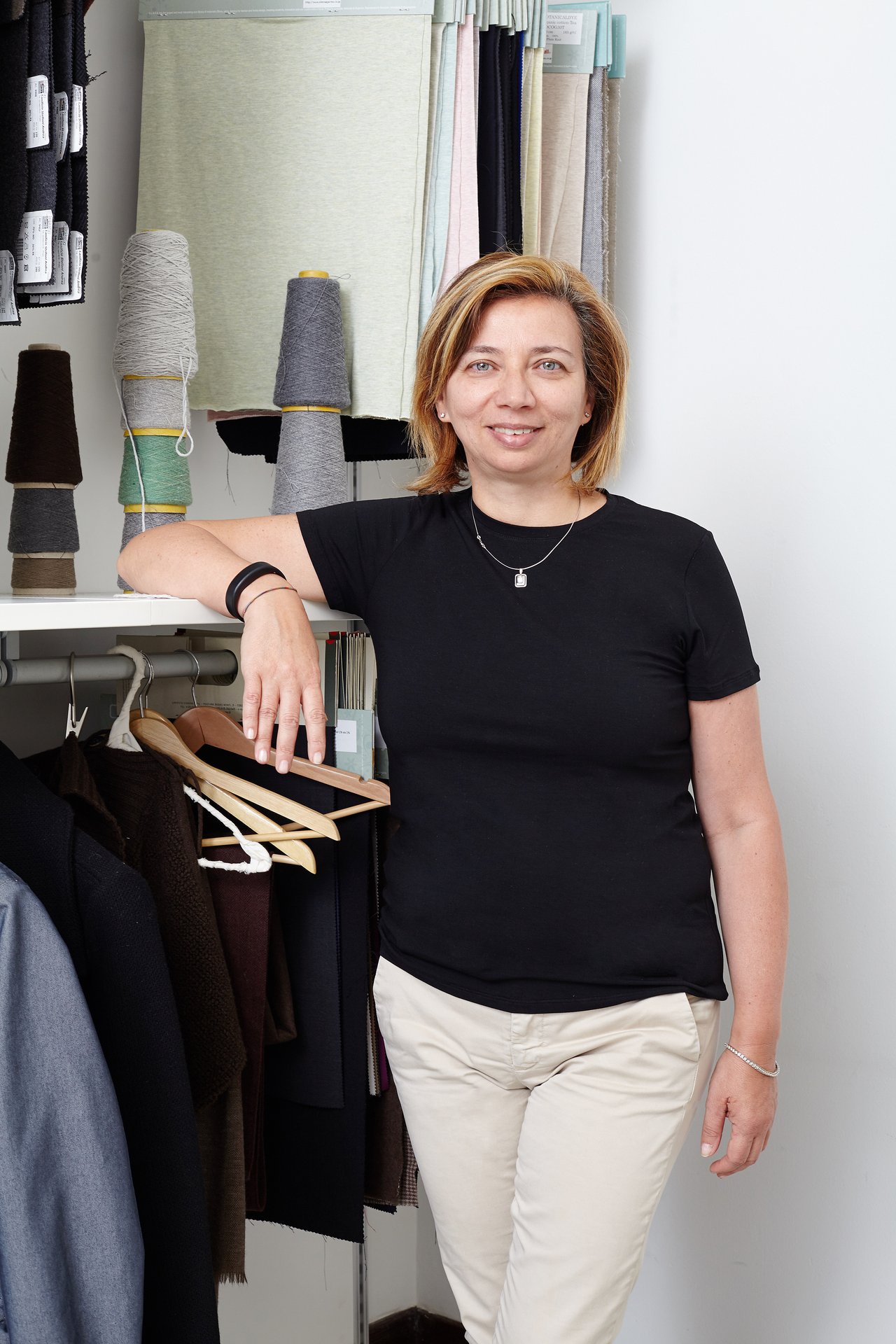C.L.A.S.S. CEO and Founder Giusy Bettoni is excited about the future of innovative textiles and fashion. A leading expert with more than 30 years in the international textile industry, Bettoni created C.L.A.S.S. in 2007 as a unique international platform for responsible and smart material innovation. With a commitment to education, Bettoni brings her optimism to the CFDA + Lexus Fashion* Initiative Advisory Board. Bettoni shared her thoughts and advice for the future of innovative fashion and textiles with us.
Thinking about your experience so far working as a mentor to CLF*I designers, what challenges do you see for sustainable fashion?
One of the worst enemies – 10 years after C.L.A.S.S.’s beginning – is still the perception of sustainable fashion as not glamorous, not innovative and very expensive! The appropriate information an education about responsible innovation and smart innovation, in terms of product and communication, is essential for success. Consumers have changed; we have market research proving it. Nevertheless, it’s very difficult for consumers today to see and evaluate smart choices at the market level.
What [design] principles do you feel may support success as designers begin to define their scope of intentions and craft their sustainability roadmaps?
The new designer role needs to include materials knowledge — where they come from, how they are made, the end of life of these materials —and they need key information about the company that produces those materials. It is not possible to have sustainable products if the company that produces them is not. That sounds obvious, but it is not. A designer’s creativity and innovation skills backed up by responsible values will boast reputation and appeal to the contemporary consumer. However, this will happen only if their offer is smart and communicated in an appropriate way to the consumer. Design was, is and will be key to fashion success. We the consumer choose with our eyes first, and all the rest comes afterward.
Within the shifting fashion system, and a view to positive impact, what matters most right now?
- Information. Keep-asking questions about the production supply chain, and the company behind it.
- Communicate in the right way about the new value of smart innovation. It is not just about another organic material, but about smart research with investments in time, technology and experts to deliver completely different solutions that meet style, innovation and responsibility.
In what areas do you see the most progress from our industry?
In 2007, the C.L.A.S.S. goal was to show that responsible materials were as good as conventional ones. Now, after 10 years, C.L.A.S.S. materials are far ahead of conventional ones, and the industry is switching from conventional materials to smart ones. Innovating in a responsible way is really a competitive advantage for a new way to do business.
How cognizant do you feel consumers are about ecological and social change imperatives (change consciousness)?
Consumers are ready to get more. The issue now is: what are we offering them, and how are we communicating this to them?
One wish for the industry’s future…
Always be curious, authentic, and never stop innovating and looking for the next boundaries to break.



